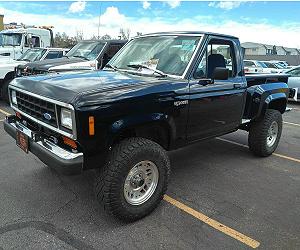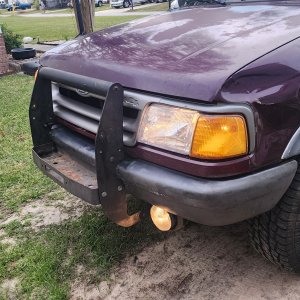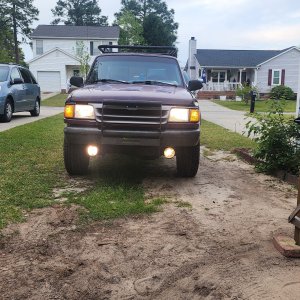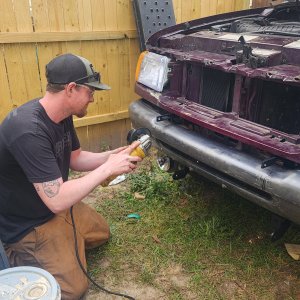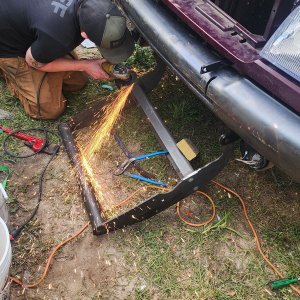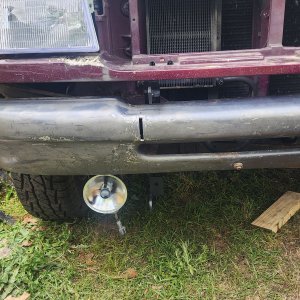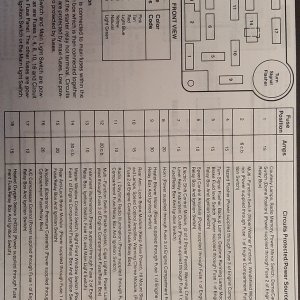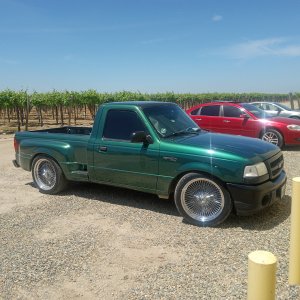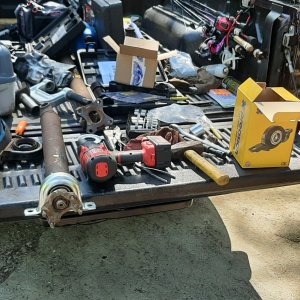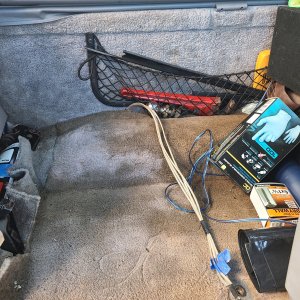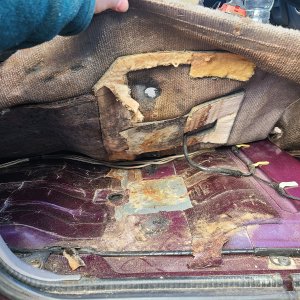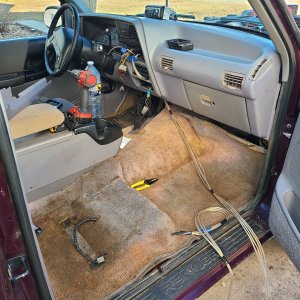johnnymac09
New Member
- Joined
- Oct 8, 2007
- Messages
- 20
- Reaction score
- 0
- Points
- 0
- Vehicle Year
- 1989
- Make / Model
- Ford
- Engine Size
- 2.9L
- Transmission
- Manual
Hey Guys,
I am looking for some suggestions. I am having intermittent brake failure, sometimes I will press on the brakes and there will be little to no pressure. If I pump the breaks it builds up the pressure and they are fine. It seems to get worse the longer I drive without breaking, like when I drive on the highway for 1/2 an hour and then go to break, nothing there. I have checked the fluid level and bleed the lines a couple of times. There are no leaks.
Recently I changed the breaks front and rear, pads, calipers, rotors, drums, wheel cylinders, springs, adjusters, flex lines and a couple hard lines. It was a complete overhaul. I didn't change the master cylinder, booster or the proportioning thingy on the frame. In the rear I used the bleeder screws that have a check valve built in (they came with the wheel cylinders and I thought they were neat, made it easy to bleed) do you think they might be a problem?
The truck is a 1989 Ranger 2.9L. The problem has been happening since, but has gotten progressively worse.
I am thinking it is the master cylinder, but am not sure how to check it. Any suggestions would be greatly appreciated, I have to fix this before I get in an accident.
I am looking for some suggestions. I am having intermittent brake failure, sometimes I will press on the brakes and there will be little to no pressure. If I pump the breaks it builds up the pressure and they are fine. It seems to get worse the longer I drive without breaking, like when I drive on the highway for 1/2 an hour and then go to break, nothing there. I have checked the fluid level and bleed the lines a couple of times. There are no leaks.
Recently I changed the breaks front and rear, pads, calipers, rotors, drums, wheel cylinders, springs, adjusters, flex lines and a couple hard lines. It was a complete overhaul. I didn't change the master cylinder, booster or the proportioning thingy on the frame. In the rear I used the bleeder screws that have a check valve built in (they came with the wheel cylinders and I thought they were neat, made it easy to bleed) do you think they might be a problem?
The truck is a 1989 Ranger 2.9L. The problem has been happening since, but has gotten progressively worse.
I am thinking it is the master cylinder, but am not sure how to check it. Any suggestions would be greatly appreciated, I have to fix this before I get in an accident.

